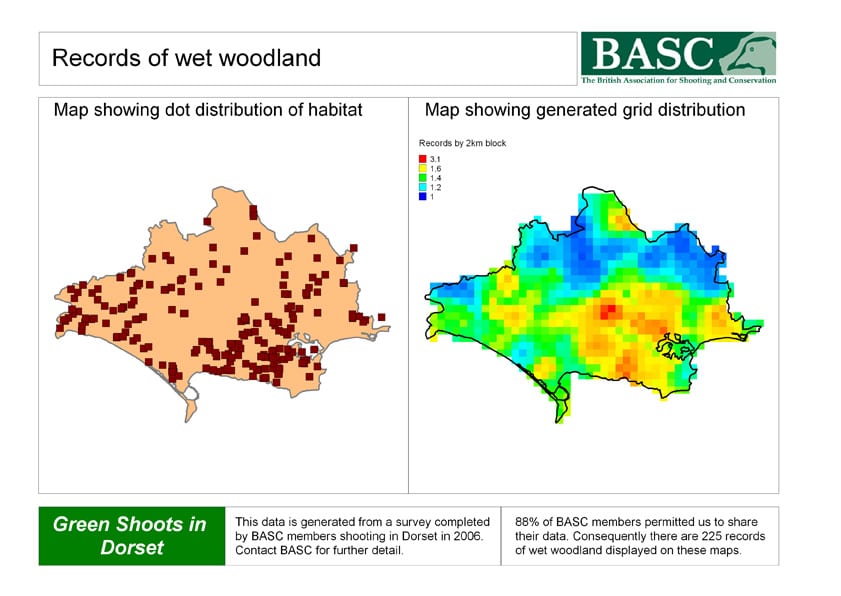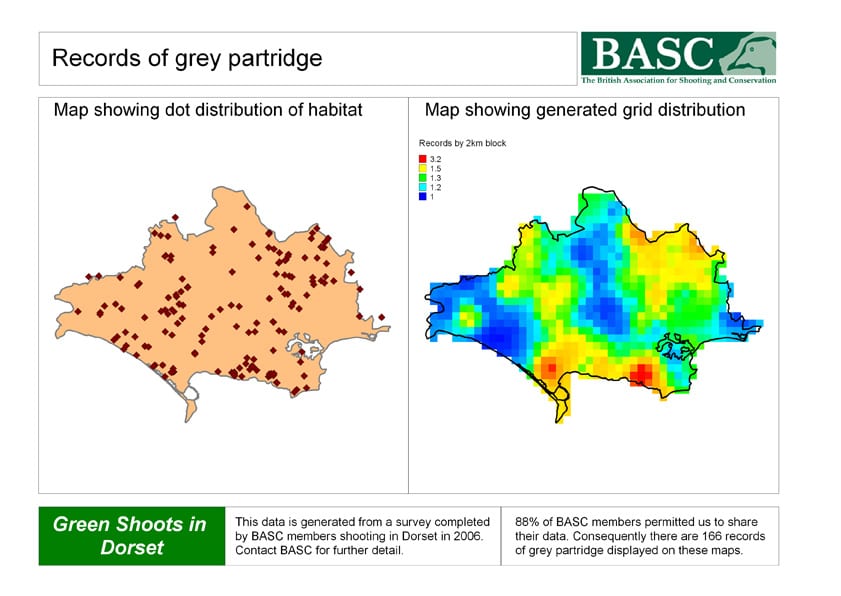Spent and misfired shotgun cartridge disposal
Spent and Misfired Cartridge Disposal What sort of waste are spent shotgun cartridges? According to guidance from the Environment Agency (EA), spent shotgun cartridges are classed as a ‘Directive Waste’. The phrase “Directive Waste” refers to European legislation called the Waste Framework Directive. Directive wastes include nearly all household, commercial


